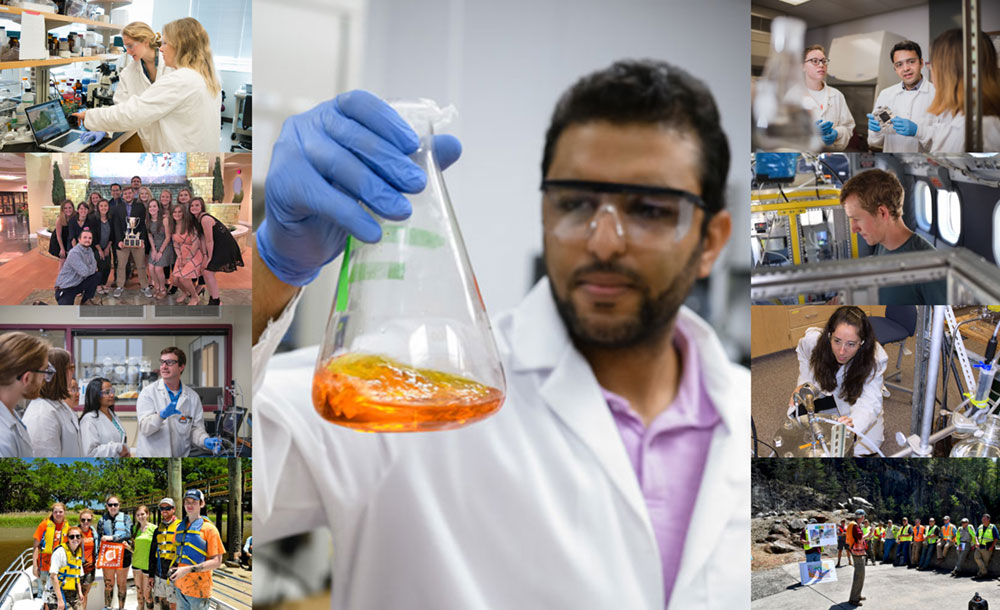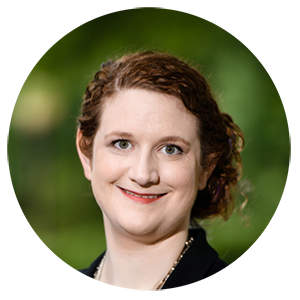Research in STEM Education
The research interests and projects of our faculty cover a broad range of endeavors in STEM Education. The below research group descriptions provide a glimpse into the breadth and depth of this cutting-edge research going on right now in the Engineering and Science Education Department here at Clemson.
The Research groups, although distinct to some extent, are constantly blurred and highly overlapping and interdisciplinary, as you will see by digging deeper into the areas and the work underlying them.

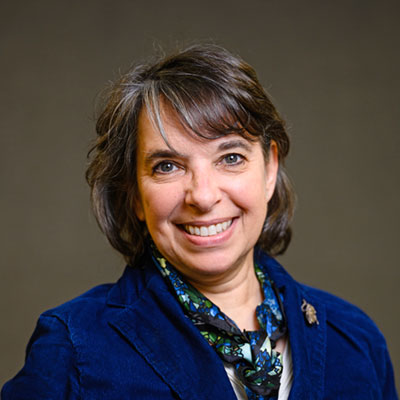 Benson Group
Benson Group
Lisa Benson
The Benson research group focuses on the interaction between student motivation and learning in engineering, science, and mathematics to promote effective educational experiences for diverse learners. This important nexus has led to projects related to undergraduate student identity, students’ epistemic beliefs and practices, student self-efficacy in mathematics, student interest in engineering and science, and the development of student problem-solving and self-regulated learning skills.
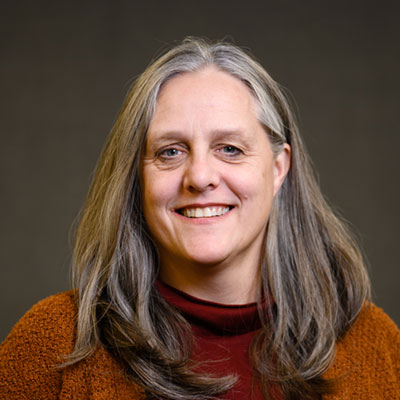 Gallagher Group
Gallagher Group
Eliza Gallagher
The Gallagher group's research interests include broadening participation by examining the factors associated with major selection and mathematics placement among populations in STEM. Particular focus is on rural students, first-generation students, students from low socioeconomic status backgrounds, LGBTQ students, and racially minoritized students. Another core component is the development of instructional identity among mathematics graduate students.
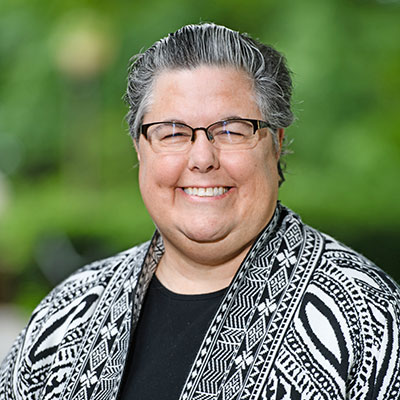 High Group
High Group
Karen High
The High group research emphasis includes STEM faculty and graduate student development as well as enhancing student success in calculus. The group focuses on faculty well-being, graduate student professional development, the effects of mentoring on faculty productivity and teaching STEM online. For calculus student success, she studies the impact of various teaching modalities on students, math anxiety, transfer student success, and the impact of COVID on math learning and teaching.
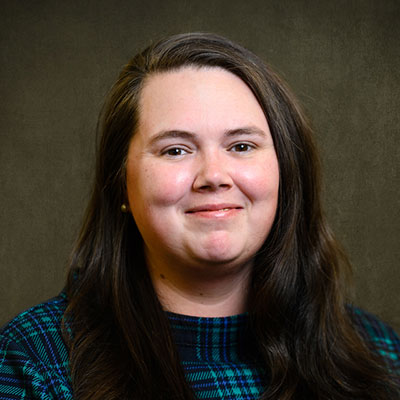 Lazar Group
Lazar Group
Kelly Lazar
The Lazar group research focuses on the development of scientific interest in undergraduate students through unique experiences and technologies in geoscience education. This includes best practices for virtual reality to allow students to explore the planet, making science more accessible, and designing field experiences to increase student interest in field sciences. Collaborative work aims to empower students to become enthusiastic and effective science communicators.
What kind of research do students pursue?
- Student Perceptions of Learning in Cooperative Education Experiences, An Embedded Mixed Methods Study
- Women Engineering Faculty Well-Being: An Interpretative Phenomenological Analysis
- Cognitive Processes in Undergraduate Anatomy and Physiology Courses
- Exploring Doctoral Students' Conceptualizations of the Student-Advisor Relationship in Chemistry
- The Effects of Mathematics Placement on Successful Completion of an Engineering Degree and How One Student Beats the Odds
- Argument as a Context to Understand Students' Biology Epistemology
“The ESED department gave me the tools to take my curiosities and turn them into research ideas. They provided a strong research background and supported my disciplinary inquiry.”
Katherine EhlertESED '20


